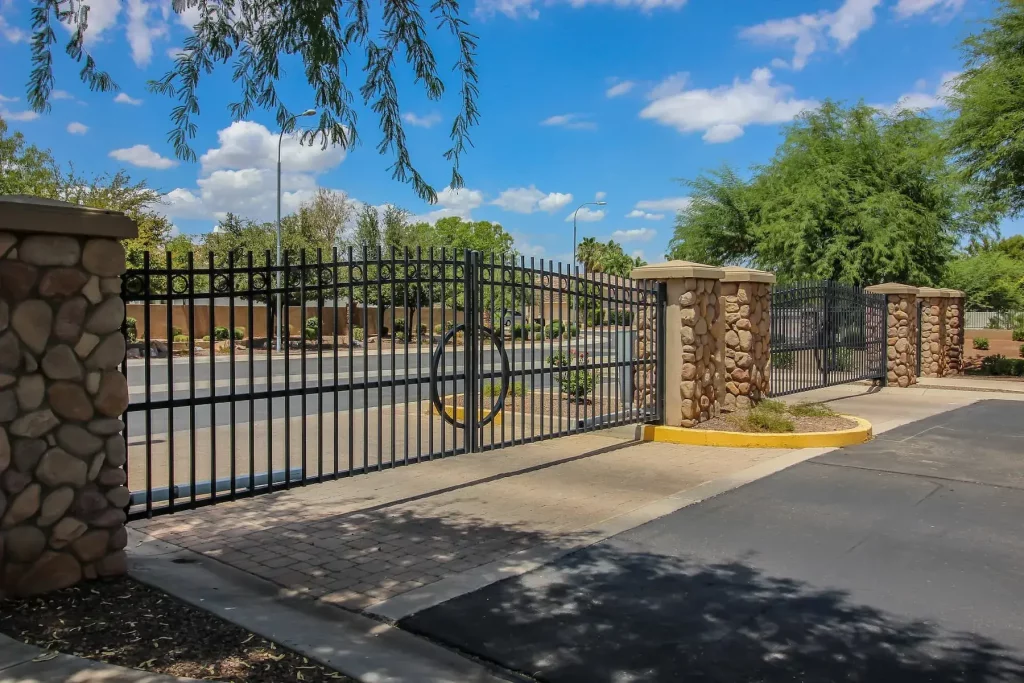As a professional fence contractor, I’ve observed that the selection of materials for your fence can have far-reaching implications on both the functionality and aesthetics of your property. Factors such as local weather conditions, maintenance requirements, and longevity of the material play significant roles in determining the suitability of a particular choice. We will delve deeper into these considerations and explore how an informed decision can enhance your home’s exterior while ensuring the fence serves its intended purpose effectively. This discussion promises to bring clarity to the complex process of fence material selection.
Understanding Different Fence Materials
To make an informed decision about the ideal material for your fence, it’s crucial to comprehend the distinct characteristics, benefits, and drawbacks of the various options available in the market.
The most common materials include wood, vinyl, metal, and composite. Wood is a classic choice, offering natural beauty and traditional appeal, yet it requires regular maintenance to avoid decay.
Vinyl, on the other hand, is virtually maintenance-free and available in a range of styles, but it can be more expensive initially.
Metal fences, such as wrought iron or aluminium, are durable and secure, yet they may not offer the privacy desired by some homeowners.
Composite fencing combines the best of wood and plastic, offering durability and aesthetic appeal, but it can be costly.
Professional Tips for Material Selection
Making the right choice for your fencing material demands careful consideration of several factors, guided by your unique needs and preferences.
First, assess your primary need for the fence. Is it for privacy, safety, or aesthetic appeal? The material must align with this purpose. For instance, wooden fences offer privacy and natural beauty, while aluminum or vinyl are more durable and maintenance-free.
Second, consider your local climate. Some materials weather better in specific conditions.
Finally, think about the long-term costs, not only the initial purchase and installation but also maintenance and potential replacement.
Above all, choose a material that feels right for you, enriching your home’s exterior while fulfilling its intended function.
The Fence Installation Process: What to Expect From Your Contractor
Transform Your Property With a Professional Fence Contractor

